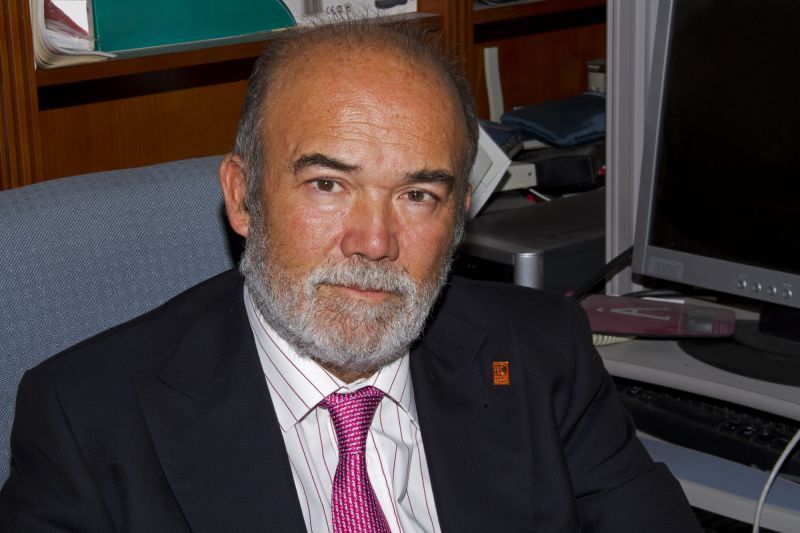
Across the world health co-operatives provide services to more than 81 million people. Dr José Carlos Guisado is the president of the International Health Co-operative Organisation, a sectoral body of the International Co-operative Alliance. In November he will be leading a session on the future of health co-operatives at the International Co-operative Alliance’s Global Conference in Antalya, Turkey, in November.
“In Antalya we will be talking about co-operative identity and we feel that health co-operatives are a very good example. We are able to provide the services we do and make a difference because we are co-operatives,” he says.
The role is of co-operatives in healthcare is becoming increasingly important as the ageing population is expanding and public social services are tightening.
The ILO Cooperatives Unit (COOP) and the Gender, Equality and Diversity Branch (GED) have launched a survey on the provision of care services through co-operatives. Preliminary findings based on the interviews and survey responses suggest that co-operatives across the world are providing care, and doing so in a number of ways: as worker co-ops, as multi-stakeholder co-ops, and even as add-on services to existing co-operatives, such as housing co-ops.
Co-operatives make a difference for both care beneficiaries and workers. According to survey respondents, co-operatives often provide higher wages, more benefits and greater bargaining power when negotiating with employers. They also enable care beneficiaries to take ownership and control over their health and wellbeing.
He says co-operatives have established a different approach to health by empowering patients. “We consider that each patient has its important role to play within the health system. People come to us because they feel that we treat them differently,” he says.
Apart from serving on the board of IHCO, Dr Guisado is chief executive of Fundacion Espriu of Spain, which provides health services to over two million people and employs 32,500 health professionals. At the time when the foundation was set up 25 years ago the national health system did not exist in Spain.
“We are both users and providers and this makes a very important difference in the health sector,” added Dr Guisado.
He thinks the best results can be achieved by having the co-operative sector and the public sector working together for the benefit of consumers. Espriu Foundation is responsible for the running of a number of publicly owned hospitals, a measure which has proved to be efficient, and has increased user satisfaction.
“We are not challenging the public system, we are trying to help them and collaboration with governments is important”, says Dr Guisado. In countries like Brazil and Spain the co-operative model in healthcare preceded universal access to healthcare. Health co-operatives have led the consolidation of the healthcare system. The model is also growing in Canada, where one in 40 people uses co-operatives for wellbeing, medical and social services.
One challenge is that governments often look at the co-operative option for healthcare provision only as a last resort. “We provide solutions to problems but there is no follow up from that and we need to make it clear to the world that we are a good solution not only for developing countries, but also for developed states.”
In 2014 IHCO launched the survey Better Health and Social Care which looks at the contribution of co-operatives to global healthcare. A second edition of the report is likely to be published next year, says Dr Guisado.




